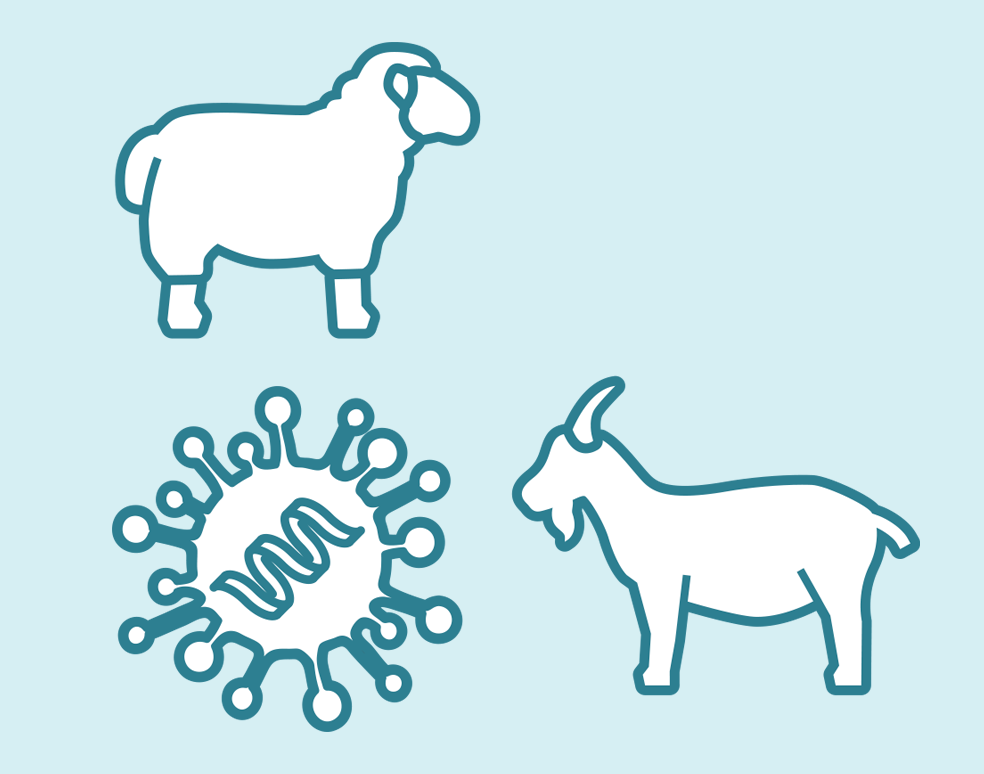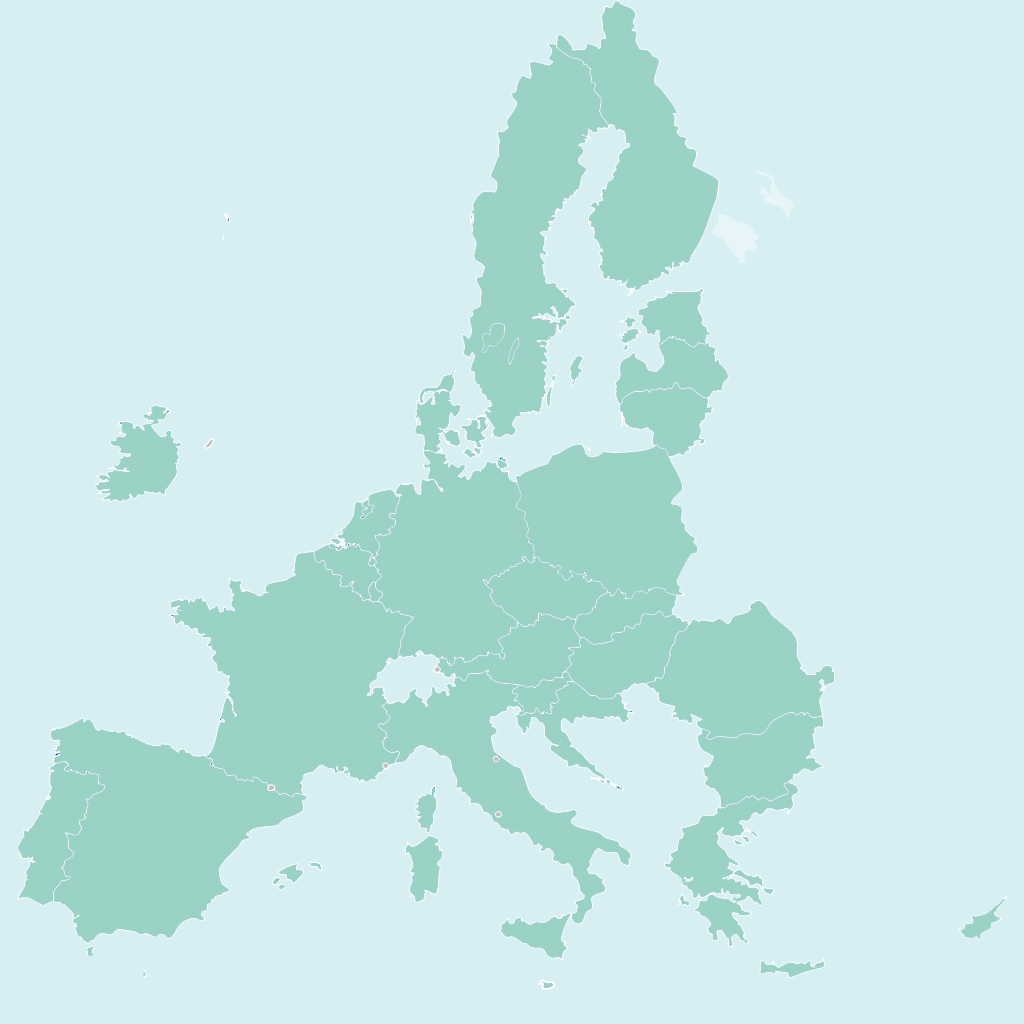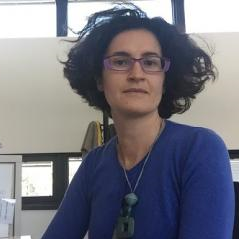

Climate change is a relevant driver of emerging risks. While a broad range of forward-looking studies and reports examine the impact of climate change on food security, future challenges for food and feed safety, plant and animal health and nutritional quality are usually not investigated in depth.
EFSA recently completed the CLEFSA (Climate change and Emerging risks for Food Safety) project for developing and testing new methodologies for the identification, characterisation and analysis of emerging risks linked with climate change. A report on the project was published on 25 June 2020.


currently head of EFSA’s Scientific Committee.. more

is a marine environmental scientist. Since 2014 he has.. more

is currently a.i. Head of Unit at EFSA Genetically Modified.. more

is a statistician working as scientific officer.. more

Agronomist specialised in plant protection and.. more

works at the EFSA GMO Unit since 2016.. more

is currently Senior Research Scientist and Head of the.. more

works at the Joint Research Centre of the European Commission.. more

currently works for the Scientific Committee.. more

works at the World Organisation for Animal Health.. more

Doctor in Veterinary Medicine with a PhD in.. more

works on environmental and social determinants of infectious diseases.. more

has been working at the interface between science.. more

"DVM 1997, PhD 2002, SO in EFSA since 2015.. more